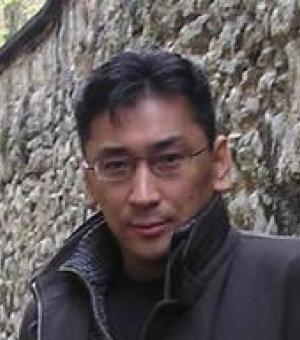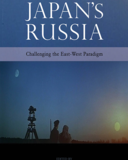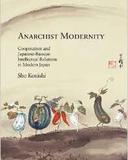Professor Sho Konishi
I am a cultural, intellectual, and transnational historian. My current research interests include historical epistemology, aesthetics, humanitarianism, the transnational history of emotions, the history of anarchist natural science (geography, embryology and entomology in particular) and anarchist ethnography, and the transnational intellectual history of non-imperial encounters in the nineteenth and twentieth centuries. I have a particular interest in the place of language (including nonverbal language) and translation in the history of human knowledge production. I would be happy to supervise Master's and Doctoral students of modern Japanese history as well as students of any geographical specialization working in related fields. My publications in these areas include Anarchist Modernity: Cooperatism and Japanese-Russian Intellectual Relations in Modern Japan (Cambridge, MA 2013); "The Emergence of an International Humanitarian Organization in Japan: The Tokugawa Origins of the Japanese Red Cross," The American Historical Review (October 2014), and "Translingual World Order: Language Without Culture in Post-Russo-Japanese War Japan," Journal of Asian Studies (Feb. 2013).
Research Interests
- Religious, scientific, cultural and intellectual history
- Transnational History(Russia and East Asia in particular)
- History of global humanitarianism and symbiosis
I have recently completed an article on symbiotic nature and survival politics and another on the emergence of the Red Cross and humanitarianism in Japan. My book on anarchist modernity turns our conceptions of modern history of Japan upside down from non-state transnational perspectives. I am also currently working on the history of religion and virtue, a transnational intellectual history of revolutionary losers. My other publications have covered a broad range of themes, such as linguistic democracy, microbiology, entomology, anarchism, agrarian and ecological thought, and art. They are on the whole a cohesive attempt to challenge some of the most established conceptual contours in the historiography of modern Japan. They offer new concepts, theory, and methods for doing modern intellectual and transnational history of Japan.
Featured Publications
Anarchist Modernity: Cooperatism and Japanese-Russian Intellectual Relations in Modern Japan (Harvard University Press, 2013)
Current DPhil Students
Teaching
DPhil Supervisor for:
- Sungyeon Choi - Oriental Studies
- Natalia Doan - Oriental Studies
- Olga Puzanova - Theology
- Eiko Soga - Fine Art
I would like to hear from potential DPhil students regarding:
- Japanese history
- Transnational history
- Nonwestern perspectives on global history
- Art history
I currently teach:
|
Prelims |
FHS |
| Further Subject: Modern Japan | |






